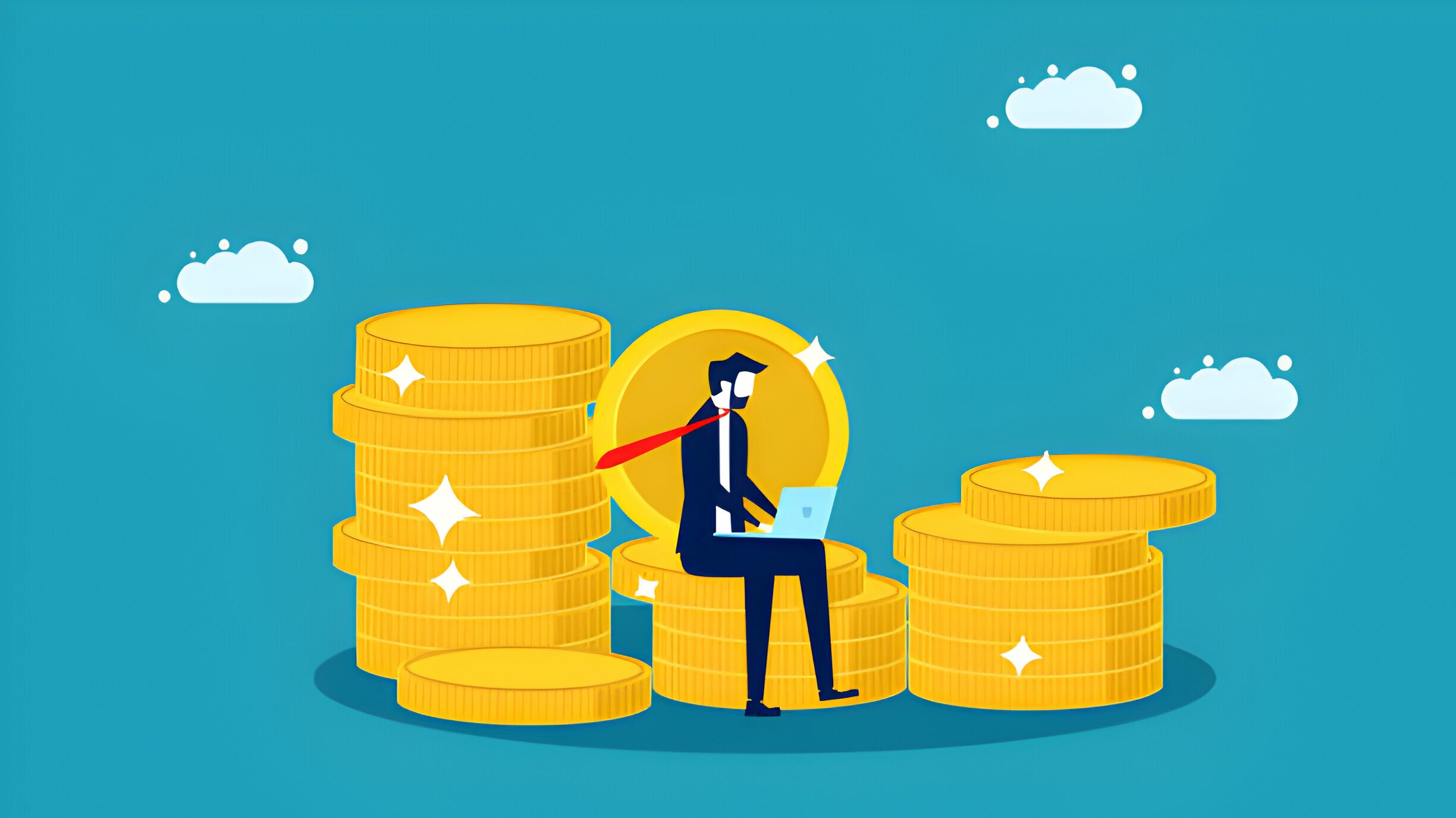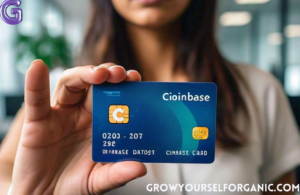Places to Ask for a Small Loan Besides Mainstream Banks
INTRODUCTION
Getting access to money during an emergency or financial hardship does not always require going to a major bank. There are alternative lending institutions and programs that can provide small loans when you need cash fast. However, it’s important to fully research your options to find the most affordable terms.
Credit Unions
These are non-profit financial cooperatives that are owned by their members, the depositors. As an alternative to banks, credit unions do proffer lower interest rates on loans since they do not have profit-motivated shareholders. Many credit unions provide personal loans ranging from a few hundred dollars to $25,000 or more.
Some key benefits of getting a small loan from a credit union include:
- Lower interest rates: On average, credit union interest rates for personal loans are 1-3% lower than bank rates. This can result in significant long-term savings.
- Fewer fees: Late fees, overdraft fees, and other penalties are usually lower at credit unions compared to banks.
- Better customer service: As not-for-profit cooperatives, credit unions aim to serve members rather than profit. Customer service tends to be more personalized.
- Flexible qualifications: Credit unions work with members to structure affordable repayment plans based on individual circumstances and finances. Credit scores do not need to be perfect to qualify.
- Community involvement: As local institutions, credit unions support economic growth and financial wellness in the communities where members live and work.
To find credit unions in your area offering personal loans, search online directories or ask about membership at your workplace, alumni association, or religious group. Many federal credit unions allow anyone to join. Be sure to compare rates from multiple credit unions to get the best available terms.
Online Lenders
The rise of financial technology (fintech) companies has led to the growth of online lenders specializing in small personal loans. Major benefits of online loans include fast approval processes done fully online or via mobile apps. Some top online lenders to consider include:
LendingClub
- Offers loans from $1,000-$40,000 for 2-5 year terms
- Rates are competitive, currently 5.99%-29.99% APR
- A simple 3-step application process takes around 10 minutes
- Funds can be deposited in as soon as a business day
SoFi
- Loan amounts from $5,000-$100,000 with terms of 3-5 years
- Top-tier credit typically qualifies for rates under 6% APR
- Career coaching and other financial wellness resources included
- Graduates may be eligible for student loan refinancing
Marcus by Goldman Sachs
- Fixed-rate loans from $3,500-$40,000 with 3- or 5-year terms
- Rates currently start around 6.99% APR
- The basic underwriting process gets most approvals within minutes
- Funds can be sent via direct deposit within two business days
While these online lenders offer convenience, it’s important to carefully review loan terms. Online personal loan interest rates tend to be higher than credit unions for those with good credit. Late or missed payments can also seriously impact credit scores. Only borrow what you can repay on schedule.
Pawn Shops
As a last resort for emergency cash, pawn shops offer short-term loans in exchange for valuables that are held as collateral, like electronics, tools, musical instruments, or jewelry. The biggest advantage is fast access to funds without a credit check. However, pawn shop loans also tend to have some of the highest interest rates of any legal lending, sometimes over 25% monthly on average.
Some important considerations with pawn shop loans include:
- Interest accrues daily: So the longer items are in pawn, the more costly it becomes to repay the loan and reclaim the collateral.
- There is a time limit: If the loan is not repaid by the maturity date, usually 30 days, the pawn shop is allowed to sell the items to recover costs.
- Items may be lost: It’s easy to lose collateral if unable to fully repay, so only pawn necessary items as a very last resort.
- No payment plans: Unlike many loans, pawn shops do not offer flexible repayment options if struggling to pay off debt.
While pawn shops play an important role in emergency cash access, high costs make them unsuitable for non-urgent or long-term borrowing needs. Always have a clear plan to fully repay the loan and fees on schedule to prevent losing valuable possessions.
Peer-to-Peer Lending Platforms
Peer-to-peer (P2P) lending connects individuals who need loans directly with investors looking to earn interest on their money. Through online platforms, borrowers post loan requests that investors choose to partially or fully fund. Some differences versus traditional lending:
Lower rates – Rates on P2P loans average 1-3% lower than credit cards or online lenders, as there is no bank as the middleman taking a cut.
Streamlined process – Applying is usually faster with a simple form and no hard credit check, getting funds within a few business days if approved.
Flexible terms – Loan amounts can range from $1,000 to $35,000 with 1-5-year terms to match borrowers’ needs and repayment ability.
Major P2P lending platforms to consider include Prosper, LendingTree, and LendingClub. Borrowers should have good credit history to qualify. While offering competitive rates, understand these loans are not guaranteed and there is a risk of default by other borrowers affecting investor returns. Only borrow what is absolutely needed.
Small Business Administration Loans
The Small Business Administration (SBA) does not lend directly but offers loan guarantees to borrowers through participating banks and credit unions. This encourages lenders to provide more affordable financing options to small businesses that may not otherwise qualify.
Two main SBA loan programs suitable for small loans include:
SBA Microloans – Provides up to $50,000 for working capital or supplies through nonprofit intermediary lenders. Fixed rates are typically around 8-13% with terms up to 6 years.
SBA Express – Lets entrepreneurs access loans of up to $350,000 quickly through streamlined application processes. Rates are negotiated between borrowers and SBA Express lenders and terms can be up to 25 years for real estate.
SBA loans require thorough business plans and tax/financial statements but can be a lifeline for small businesses in search of affordable funding beyond a credit card. SBA guarantees make loan terms very competitive versus unsecured business loans from banks alone.
Things to Consider When Deciding Where to Get a Small Loan
With so many alternatives available beyond traditional banks, it’s important to weigh key factors in choosing where to get a small loan:
Loan Amount Needed
Consider how much money is actually required and if options with minimum/maximum borrowing limits align with that amount to avoid paying for funds not used.
Intended Use of Funds
Whether borrowing for personal needs like home repairs or a medical bill or business reasons like supplies or marketing, understand if certain lenders specialize in one use over others.
Credit History and Score
Strong credit generally qualify for lower rates across the board, while weak or no credit history may mean considering credit-flexible sources. Know where you stand.
Repayment Terms
Compare loan lengths, minimum payment amounts, penalties for late/missed payments, and overall affordability of breaking the total cost into installments.
Costs and Fees Involved
Consider all interest charges, origination/documentation fees, prepayment penalties, and other expenses to calculate true annual percentage rates (APRs).
Time to Approval and Funding
Weigh deadlines – can an emergency wait 2-5 business days for direct deposit, or is same-day cash necessary? Speed impacts rate.
Privacy and Security Factors
Evaluate data protection, encryption, and risk of identity theft depending on a lender’s physical presence versus fully online operations.
Customer Service Reputation
Research reviews from borrowers regarding application and repayment assistance, problem resolution, and overall user experience.
Weighing your unique situation across these dimensions will help identify the most suitable place to get a small loan for your needs at the lowest overall cost while maintaining control of your sensitive financial information and stress-free repayment terms.
FAQs About Getting a Small Loan Outside Traditional Banks
Here are answers to some common questions:
What is the fastest way to get a small personal loan approved?
In general, online lenders and peer-to-peer lending platforms tend to offer the speediest approval processes, with funds sometimes deposited within 1-2 business days. However, interest rates will usually be higher than options requiring more documentation review, like credit unions. Pawn shops provide instant cash but at the highest costs.
How do I know which small loan terms are reasonable?
As a general guideline, personal loan interest rates up to 24% APR are considered high-cost credit, while rates below 10% APR from credit unions or online lenders for those with good credit are reasonable. Also, consider fees, penalties, payment structures, and whether the total cost repaid will fit your budget.
What documentation do I need to apply for a small loan?
Most lenders will require proof of identification, income verification like pay stubs or tax returns, proof of residence like a utility bill, and information on existing debts. Having these documents organized makes the application process smoother. Application requirements vary by lender so check individually.
How will taking out a small loan impact my credit score?
A small loan that is paid on time each month can positively impact your credit utilization ratio and demonstrate your ability to manage credit responsibly over time. However, late or missed payments will damage your score. Applying for multiple loans in a short period is also risky. Pay attention to timely repayment to maximize the credit-building potential of a small loan.
How long does it take for a small personal loan to be reported on my credit reports?
Most small personal loans reported by lenders to the major credit bureaus will appear on your credit reports within 30-45 days, allowing you to start building a positive credit history or offsetting negative items more quickly. Timely repayment keeps accounts reported in good standing.
Share this content:













Post Comment